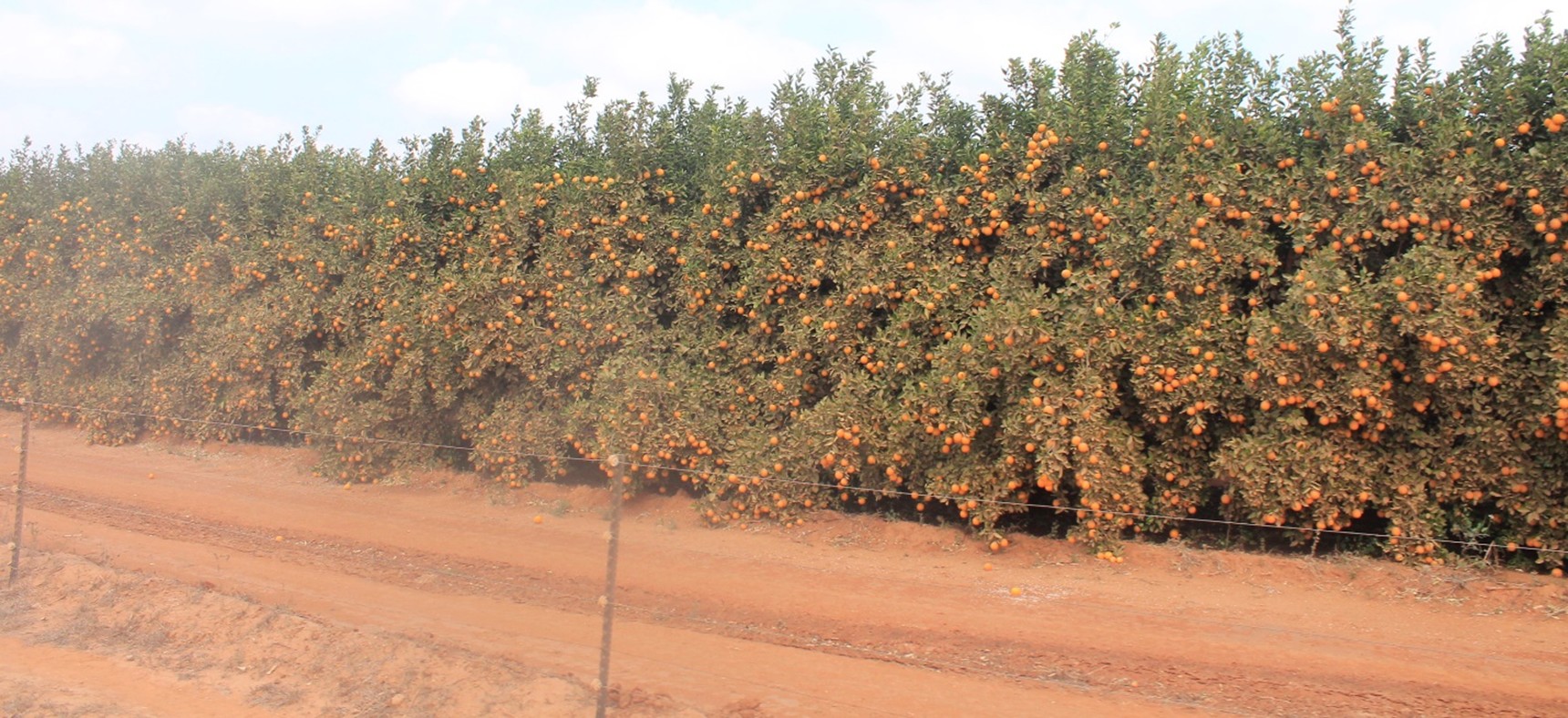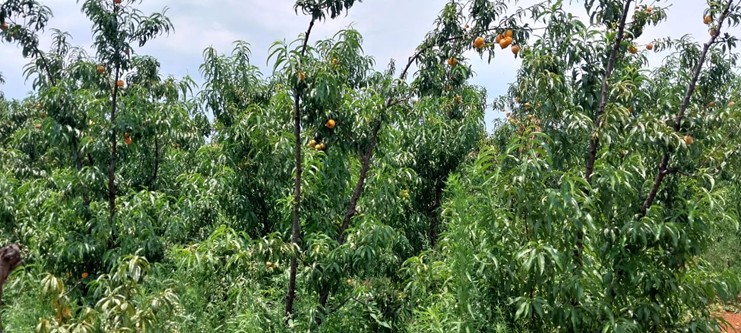By Matsobane Manaka

Approximately 40 per cent of food crops are lost annually across the globe due exotic pests and diseases such as oriental fruit fly, Fall Army Worm, Tomato Leaf Miner (Tuta Absoluta), banana bunchy top virus, maize lethal necrosis disease (not present in SA yet), and panana disease (also not present in SA yet).
Humans, international travelers traveling with unauthorized material that may serve as carrier for pests and diseases are among contributing threats to biosecurity, agricultural production, food security and market access.
In the wake of these threats, the Department of Agriculture, Land Reform & Rural Development (DALRRD) and Limpopo Department of Agriculture and Rural Development (LDARD) have observed the International Day of Plant Health in support of intensifying the management of transboundary pests and diseases as part of deepening the implementation of the SADC Regional Agricultural Policy. Recognition of the day is in the global calendar of agriculture and environmental matters.
The move sought to raise the global awareness of how protecting plant health can help to reduce poverty thereby ending hunger, boost economic development and protect the environment.
The importance of protecting the plant health can increase food security, income and reduce poverty, prevent high costs associated with pests or diseases, promotes economic development and protection for healthy environment.
Plants play huge responsibility in human activity because a healthy diet starts with healthy plants. Plants further play crucial part in providing food and oxygen to humans.
Action to protect plant among others include: use of certified pest free seeds and seedlings, regular monitoring, control and reporting unusual pests to local agric office, adopt environmental-friendly pest management practices, avoid illegal importation of plants and plant products, refrain from moving plants material from infested areas to non-infested areas without removal permit, invest in innovation and research related plant health and comply with international plant health standards and legislation for safe trade.
The year 2020 was the international year of plant health and in the same year on 01 October, the Food and Agriculture Organisation (FAO) of the United Nations Committee on agriculture endorsed the proposal tabled by the government of Zambia to proclaim 12 May as the International Day of Plant Health (IDPH). On 29 March 2022, the United Nations General Assembly adopted the resolution proclaiming 12 May as the annual International Day of Plant Health. From there onwards, the celebration will be held annually across the globe.
The celebration goes hand in glove with the acknowledgement of the Support towards the operationalisation of the SADC Regional Agricultural (STORSAR) policy project to intensify the management of transboundary pests and diseases as part of deepening the implementation of the SADC Regional Agricultural Policy.

Looking after the plants can go a long way to increasing food security.


